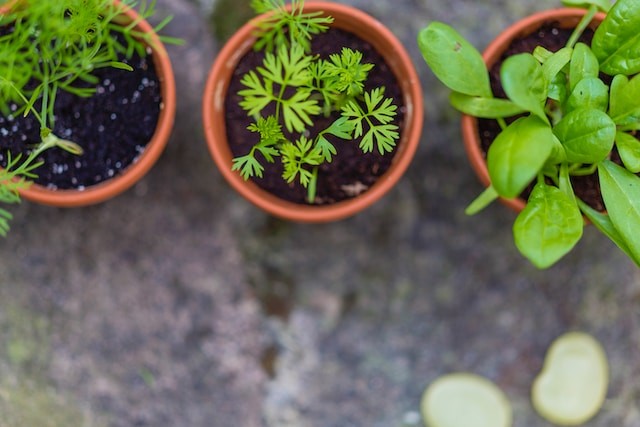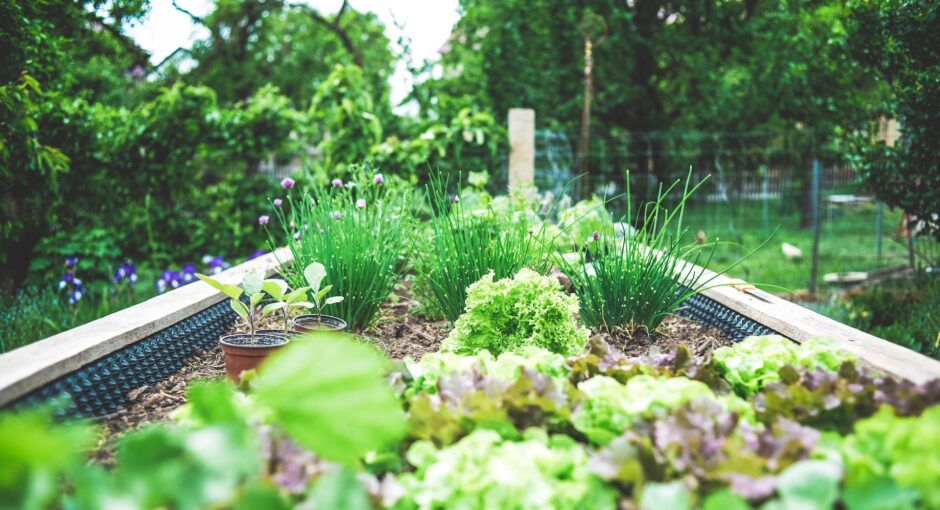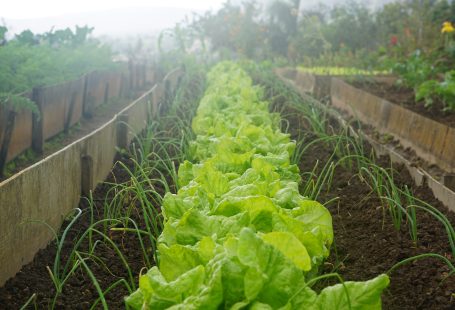Organic gardening is a form of gardening that focuses on growing plants without the use of synthetic fertilizers or pesticides. Organic gardening has become increasingly popular as more and more people are looking for ways to make their gardens more sustainable and eco-friendly. There are many benefits to growing your own organic garden, and it can be an enjoyable and rewarding experience.
Benefits of Organic Gardening
Organic gardening has numerous benefits. For starters, organic gardening helps promote sustainability. By avoiding the use of synthetic fertilizers and pesticides, you are helping to reduce the amount of chemicals that can leach into the soil and water. This helps to preserve the natural environment and protect local wildlife.
Organic gardening is also beneficial for your health. Growing your own produce means you are in control of what goes into your food. This means you can avoid chemicals and genetically modified organisms (GMOs) that can be found in conventionally grown produce. Organic produce is also often richer in essential vitamins and minerals, as well as being free of antibiotics and hormones that are used in conventional farming.
Finally, organic gardening can be a great way to save money. Once you have established your garden, the cost of maintaining it is relatively low. You also won’t have to spend money on expensive fertilizers and pesticides.

How to Start Organic Gardening
Organic gardening is not difficult to get started with, but it does require a bit of preparation and planning. Here are some tips to help you get started:
- Choose the Right Location: Choose a spot for your garden that gets at least 8 hours of sunlight a day. If possible, try to choose a spot that is well-drained, as this will help to reduce the risk of waterlogging and fungal diseases.
- Prepare the Soil: The soil is the foundation of your garden, so it’s important to make sure it’s in good condition. Dig in plenty of organic matter like compost or well-rotted manure, and add a balanced organic fertilizer to help give your plants a boost.
- Choose the Right Plants: Select plants that are suited to the climate and soil of your area. You should also consider the amount of space you have available, as some plants may require more room to grow.
- Mulch: Mulch will help to conserve moisture and reduce weeds in your garden. Look for organic mulches such as wood chips, straw, or compost.
- Water Regularly: Water your plants regularly, especially during dry periods. Try to water early in the day to reduce water loss due to evaporation.
- Pest Control: The best way to control pests is to take preventive measures such as rotating crops and encouraging beneficial insects like ladybugs, lacewings, and praying mantises. If these measures don’t work, then you can use an organic pesticide like neem oil, or natural deterrents like garlic or hot peppers.
Organic gardening can be a great way to enjoy the outdoors, save money, and provide yourself with fresh, healthy produce. With a bit of preparation and planning, you can start your own organic garden and reap the many benefits it has to offer.





